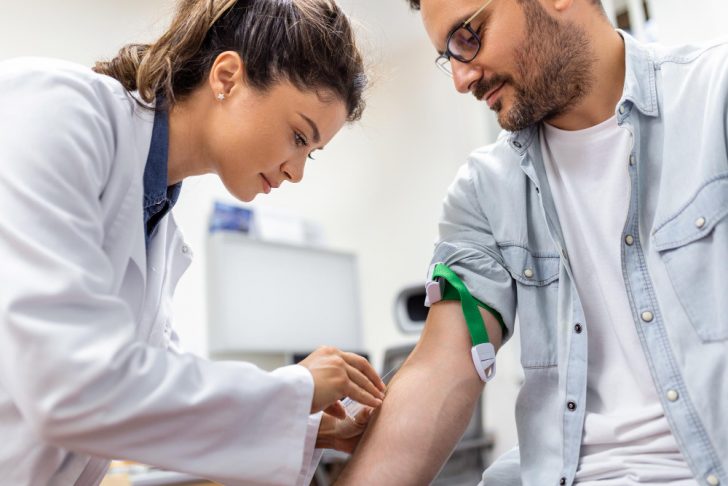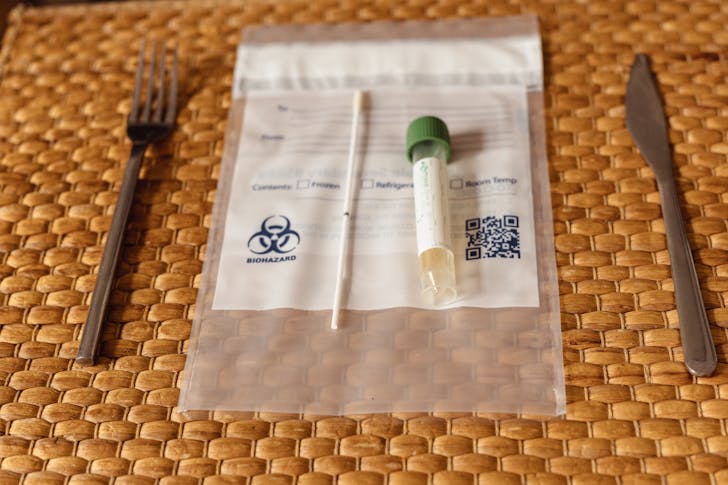Why DIY Health Tests Often Give Inaccurate Results
At-home health kits feel convenient until you realize they may be leading you the wrong way. A recent study from the University of Birmingham warns that many of these self-test kits make big claims without backing them up.
A self-test kit might say it is 98% accurate, but researchers couldn’t find strong data to support most of these claims. The British Medical Journal study showed that many test boxes looked convincing, but behind the scenes, the science was thin or missing entirely.
When people see “highly accurate” in bold print, they usually believe it. But without public proof, these statements fall apart. Most kits didn’t link to scientific trials or independent reviews. This means your so-called result could be far off, and you wouldn’t even know.
Vague Instructions Often Leave People Guessing
Using a self-test sounds simple, but only a few kits gave clear directions on what to do if the result is positive or negative. That is not a small problem. Some people may panic or ignore results completely because they aren’t sure what comes next.
Many kits skipped telling users for whom the test was actually intended. That matters. If someone with no symptoms uses a test meant for high-risk people, they might get the wrong answer and avoid the doctor when they shouldn’t.

Freepik / The UK’s Medicines and Healthcare products Regulatory Agency (MHRA) is now reworking the rules for these kits. Their safety review comes as researchers push for higher standards across the board.
Self-test kits are sold in stores right next to shampoo and vitamins, making them feel casual and harmless. However, if the wrong result steers someone away from proper care, it becomes a serious issue. Regulators say a new system is coming, but for now, buyers are still exposed.
During lockdowns, COVID-19 self-tests became part of daily life. People got used to swabbing at home and reading lines like pregnancy sticks, which made DIY testing feel normal, even safe. But COVID tests had government backing, regular updates, and clear instructions.
This sense of trust has now stretched to other areas. People pick up hormone or cancer tests and assume the same level of reliability. However, unlike NHS-endorsed tests, many of these new kits are completely unverified and underregulated.
The Market Is Growing, But It’s Unsafe
Health retailers now stock dozens of test kits. In 2023, researchers reviewed 30 self-tests bought online and in UK stores. Prices ranged from just under £2 to nearly £40. Popular tests included menopause, bowel cancer, vitamin levels, thyroid function, and HIV.
That variety looks impressive on shelves, but the more products there are, the harder it is to check that each one meets safety standards. Without better rules, low-quality kits can slip through and end up in shoppers’ hands with barely any oversight.

Olgali / Pexels / One surprising problem is what happens after someone uses a self-test. Nearly half the kits advised users to talk to a doctor no matter what the result was.
That kind of guidance may sound safe, but it can overwhelm already stretched healthcare services.
If thousands of people show up to their GP asking about test results they barely understood, it creates more confusion and pressure. Doctors then have to explain results they didn’t order and often can’t trust. The whole system slows down.
Pregnancy tests are the oldest and most trusted type of self-test. They have been sold in the UK since the 1970s and are backed by decades of study. That is why they work well and are still supported by the NHS.
Professor Jon Deeks, the lead researcher on the BMJ study, said what many experts now agree on: these tests can help people, but only if they work properly. These kits do more harm than good without real proof, good instructions, and fair testing.